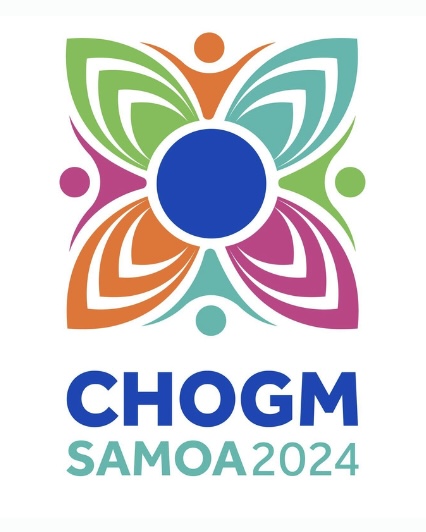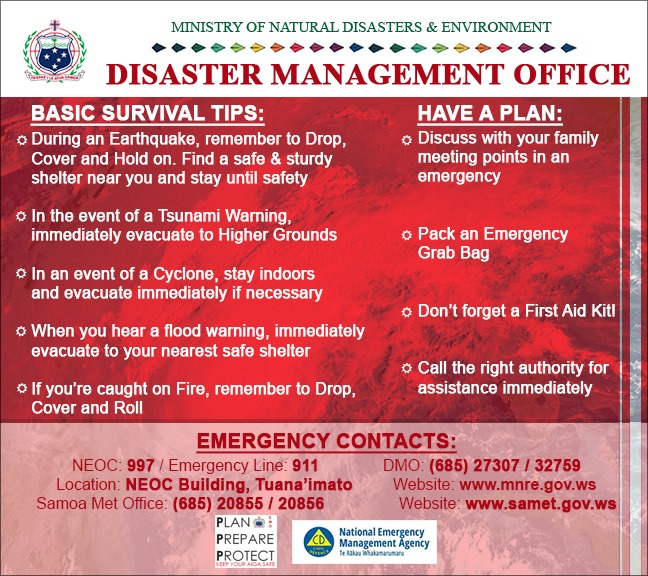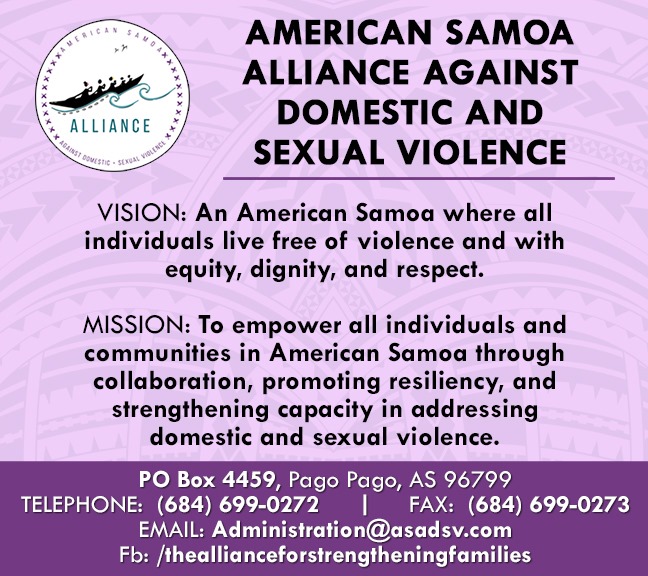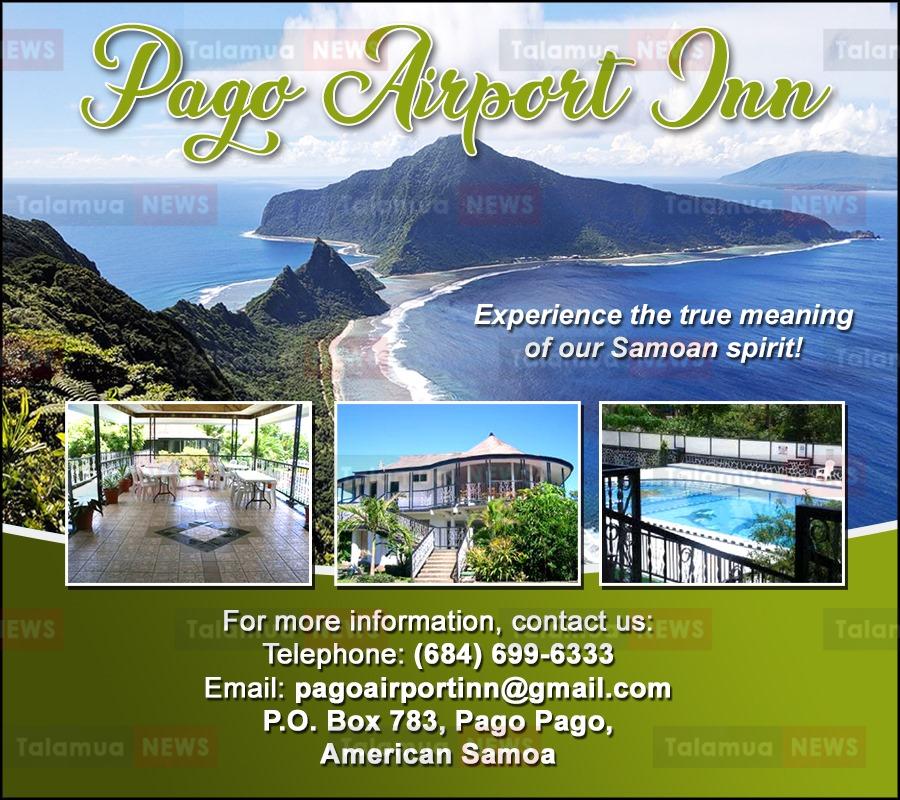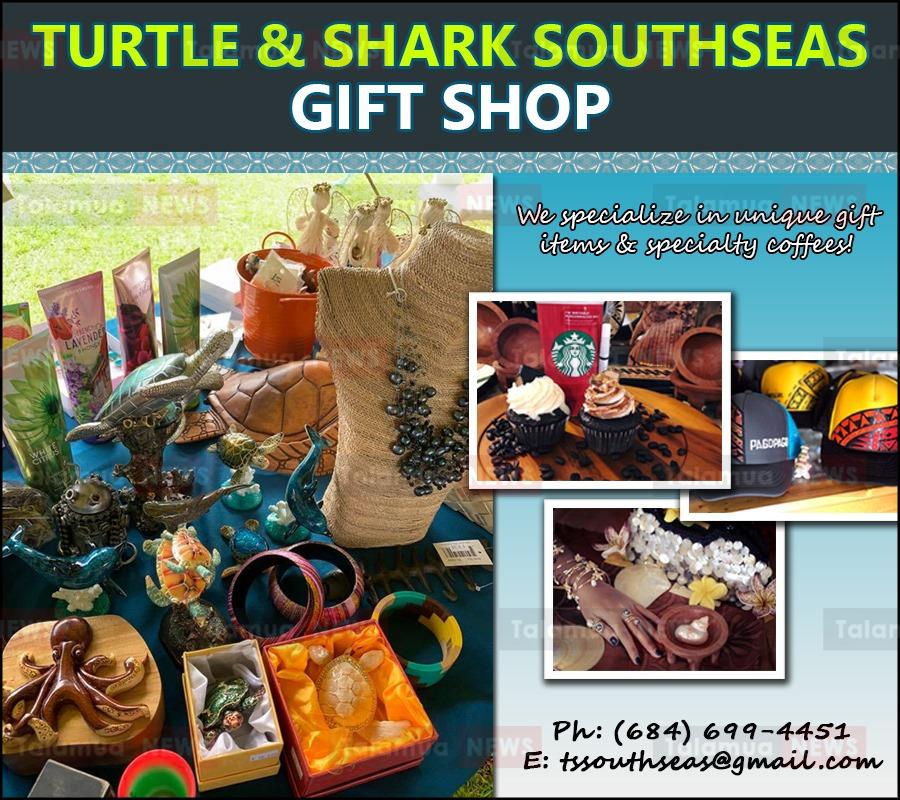Agriculture & Fisheries
Australia Study Tour Provide Key Insights for Samoa’s Feral Pig Management
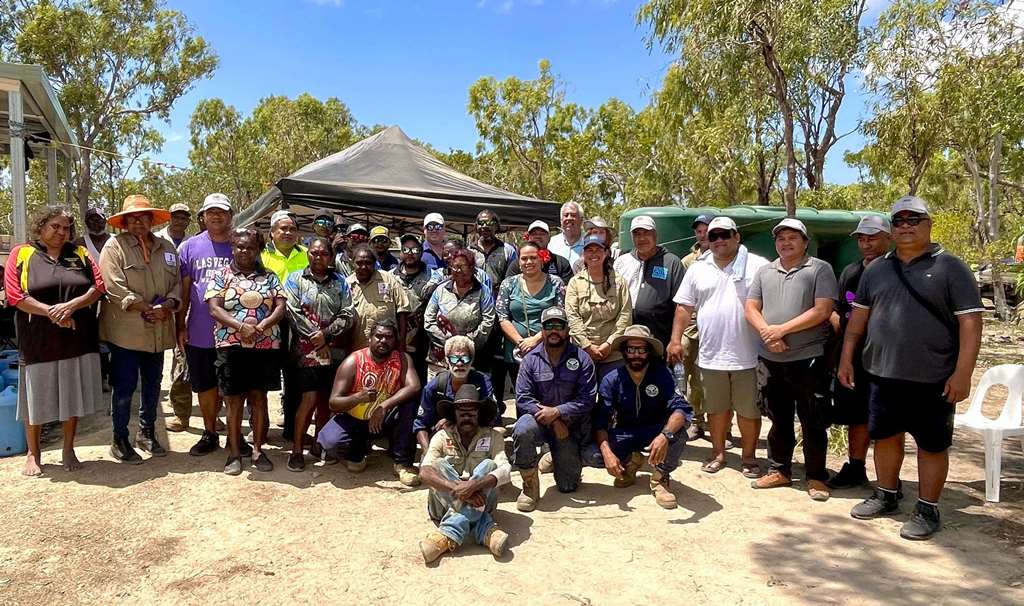
Apia, Samoa – 08 October 2024 – A recent tour by Samoa delegates to Queensland, Australia, has provided valuable insights to better address the growing feral pig problem at home, says delegation lead, Scientific Research Organisation of Samoa (SROS) Chief Executive Officer, Dr Fiame Leo.
The Samoan delegation, which included representatives from the Ministry of Agriculture and Fisheries, SROS, District Councils, a farmer’s association and a taro exporter cooperative, undertook a four-day intensive study tour to gain first-hand exposure to Australia’s approach to managing feral pigs.
The tour was facilitated by Australian Pork Limited (APL) in collaboration with the Australian and New Zealand Government-funded Market Development Facility (MDF) and coordinated by the National Feral Pig Coordinator Heather Channon and Lead Researcher for Feral Animal Projects from the Centre for Invasive Species Solutions, Darren Marshall.
“The shared stories and site visits are very important in our way forward. We are going to work on something like Australia’s National Feral Pig Action Plan and the management policies that they have in place,” said Dr Leo.
“We will take away what is most appropriate for our cause and what will work in Samoa from the fantastic presentations and demonstrations. It’s a learning experience for us on how we can manage and control the problem so that it won’t overwhelm us later,” he added.

The Samoan delegation with representatives from the Australian Department of Agriculture, Fisheries and Forestry, Cape York Natural Resource Management, Terrain–Natural Resource Management (NRM), and the Hinchinbrook Shire in Cairns.
Discussions with the Australian Department of Agriculture, Fisheries and Forestry, Cape York Natural Resource Management, Terrain–Natural Resource Management (NRM), and the Hinchinbrook Shire Council revealed that Australia’s feral pigs are an established pest in all states and territories, inhabiting 45 per cent of Australia’s land mass.
Similarities were drawn between the widespread impacts of feral pigs in Samoa and Australia that included land, crop and pasture degradation, water contamination, infrastructure damage, and impacts on biodiversity and natural ecosystems.
The delegation also met with Research Manager for the North Australian Indigenous Land and Sea Management Alliance (NAILSMA), Dr Justin Perry, in Cooktown and were introduced to the Junjuwarra indigenous rangers, who are the traditional owners of the Starcke locality.

Chairman of the Junjuwarra Aboriginal Corporation and Ranger Coordinator, Mr Neil Jacko, explains the importance of traditional sacred sites in Starcke
“The feral pigs are damaging our sacred cultural sites, story places and wetlands. These are very special places that have been used by our ancestors for medicine and healing. The feral pigs destroy these sites turning them into swamps as they look for freshwater turtles, fish and crabs,” explained Chairman of the Junjuwarra Aboriginal Corporation and Ranger Coordinator, Mr Neil Jacko.
The delegation participated in feral pig tracking and trapping demonstrations led by the rangers and NAILSMA. This included using drones to map terrain, as well as using collars to track feral pig movements. The data collected from these methods can help inform better use of traps in Samoa and provide crucial information on habitual patterns.
In addition, discussions were also held with the Innisfail Canegrowers Association in Cairns, to share experiences on the impact of feral pigs on commercial crops. Third-generation cane farmer Joe Marano noted that feral pig populations have increased drastically since 2006 following cyclones Larry and Yasi, which devastated Innisfail.

The Samoan delegation with the Innisfail Canegrowers Association in Cairns.
“In the last ten years we have lost over a million dollars in income, which averages to about 100,000 dollars a year of profit which has just disappeared, so we can really relate to the stories from Samoa on the impacts that feral pigs have had on the taro farmers there,” he said.
The Samoa delegation noted similar issues faced by Samoan farmers who have lost income through feral pig activity on their farms.
Study tour facilitator Darren Marshall expressed hope that the feral pig issue in Samoa can be effectively managed with proper planning.
“There is an opportunity in Samoa to get ahead of the feral pig problem and to suppress it before it gets to unmanageable levels. I hope that we have presented some useful information to the delegation, the problems that we have with feral pigs and potentially some solutions, and the importance of working with people and understanding the vulnerabilities of the feral pigs in their landscape,” said Marshall.
The study tour concluded on 27 September.



